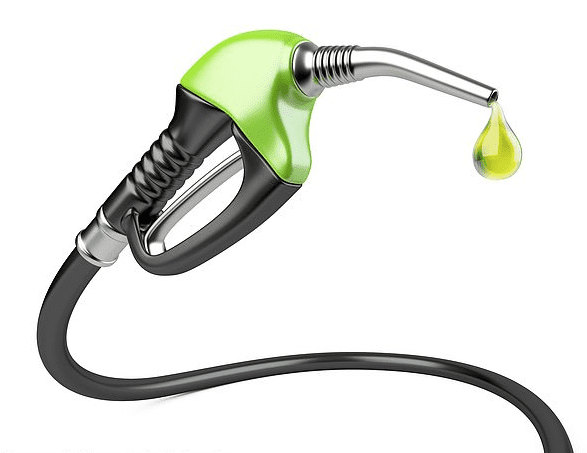Household waste, unused straw from farmland and old wood will be amongst the unusual components used by four UK-based plants to produce green fuels with support from government funding.
According to the Department for Transport (DfT), between 2018 and 2032 low carbon fuels are expected to save nearly 85 million tonnes of CO2 – equivalent to taking nearly 18 million cars off the road. This reportedly equates to around a third of transport’s projected contribution to UK carbon savings during the 2020s.
Transport secretary Grant Shapps said: “Whether you’re commuting to work or travelling on a family getaway, we want that journey to be as green and environmentally friendly as possible.
“This funding will help encourage innovative technology using today’s waste to power tomorrow’s green transport revolution, helping us reach a cleaner and greener future.”
Two of the projects announced are being funded under the UK government’s £20m Future Fuels for Flight and Freight Competition.
Kew Projects and Rika Biogas have been awarded a share of £6.5m to build plants that aim to provide fuel for heavy goods vehicles. The project at Kew will also begin research that could pave the way for low carbon aviation fuel.
Over the next decade the UK advanced fuels industry is expected to be worth over £400m and create 9,800 jobs, said the DfT.
A further two projects, which are being funded under the £25m Advanced Biofuels Demonstration Competition, are also driving towards their final stages of development.
This includes Nova Pangaea Technologies, which will focus on the production of bio-ethanol from wood waste that can be blended with existing petrol used in road transport.





